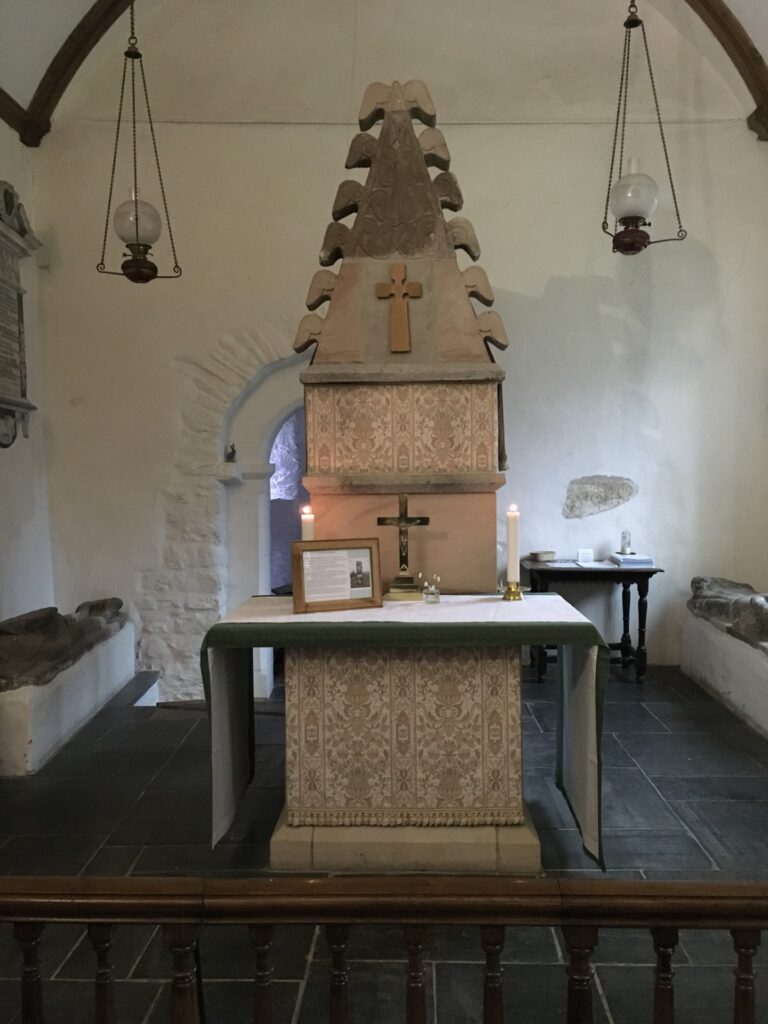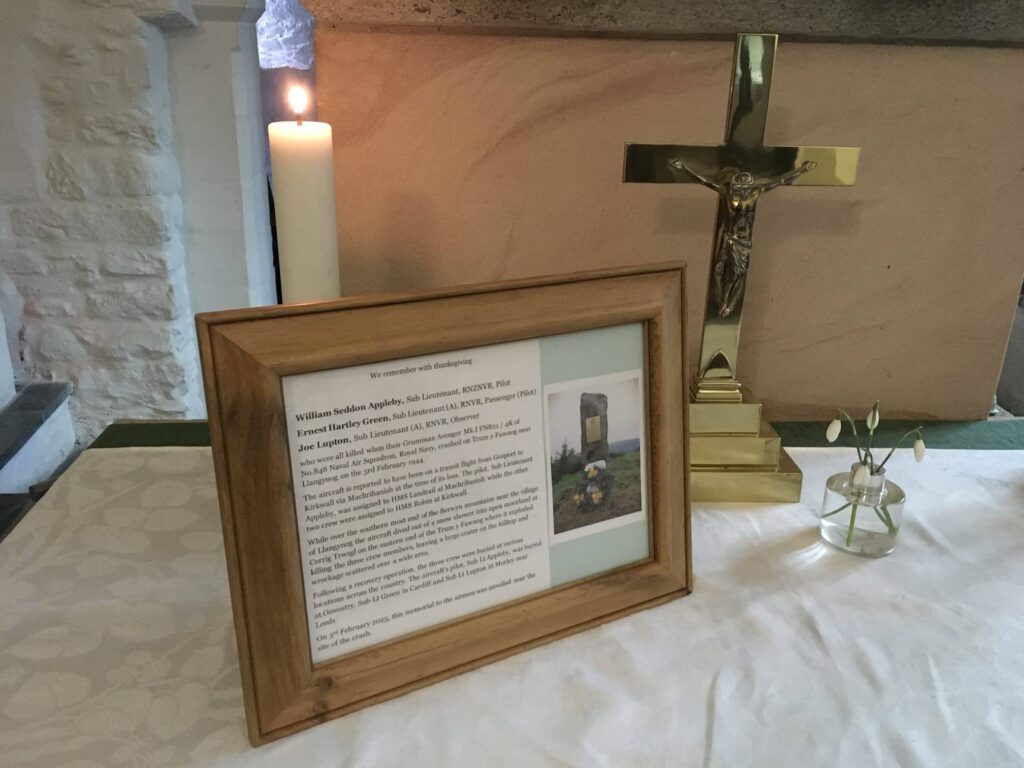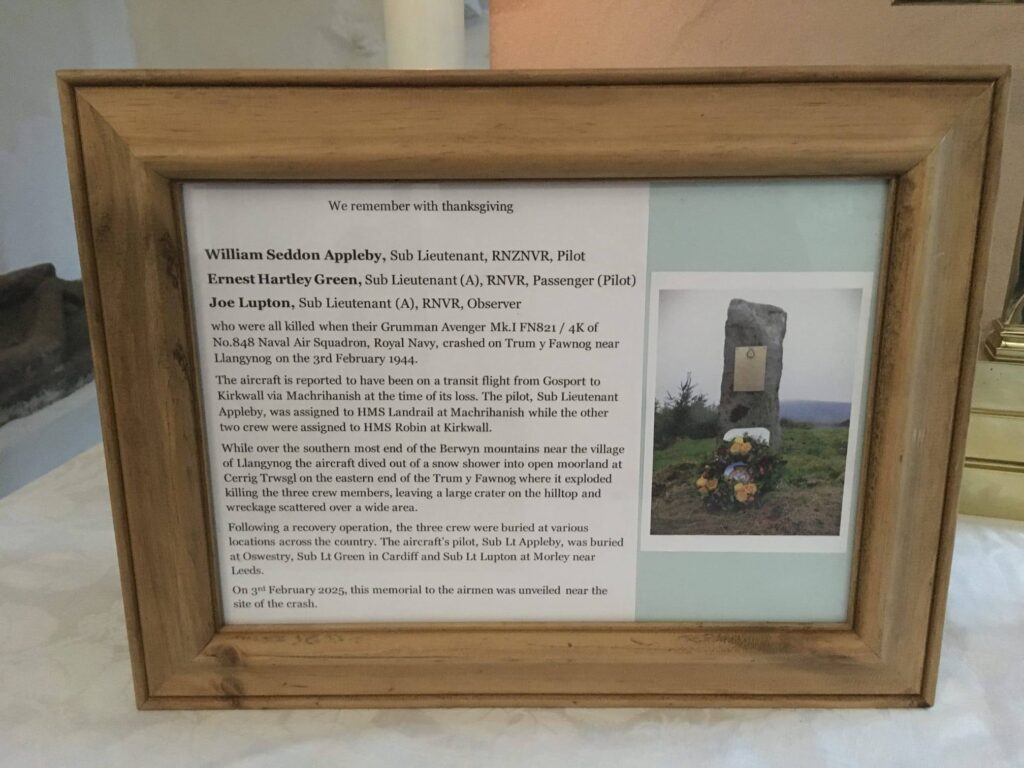“For my eyes have seen your salvation…a light for revelation to the Gentiles and for glory to your people Israel.” Simeon, in today’s Gospel Luke 2:22-40.
“Range far your eye over long distances.” Proverb quoted byPresident Xi to Sir Keir Starmer in China this week, urging a long term view of their relationship.
Although it’s actually tomorrow, Candlemas is celebrated today with the presentation of Christ in the Temple by Mary and Joseph. As observant Jews, they are following the Mosaic Law by bringing the first-born son to the Temple forty days after birth whilst Mary also undergoes the customary ritual purification of a mother after childbirth.
Mary and Joseph offer the sacrifice of two turtle doves or a couple of pigeons, the offering of the poor, so it seems that they were not wealthy – this is probably before the gifts of gold, frankincense and myrrh from the visit of the Magi, which may have taken place up to two years after the birth of Jesus. Whilst they are in the Temple, Mary and Joseph meet two elderly people, Simeon and Anna. Simeon praises God in the words of what is now known as the Nunc Dimittis: “Lord, now let your servant depart in peace – your word has been fulfilled.” He has been told that he won’t die until the Messiah has come the Temple and the Holy Spirit enables Simeon to discern that, even in so busy a place, Jesus (whose name means the Lord is my salvation) is the one for whom he has been waiting. Faithful Simeon’s song of praise and fulfilment is one of the canticles still used in Evening Prayer today as well as at funerals. Simeon also warns Mary of the pain of what is to come later, and his words are completed by those of Anna, a widow aged eighty-four, who has also waited faithfully and obediently for what is unfolding, though there are no more details about her or what she says. This happens in Luke’s Gospel just after the shepherds came to the manger and then the naming of Jesus when he was eight days old – ordinary people are involved in extraordinary things happening, no matter how unlikely God’s plans may seem. Where might that still be the case today?
Because Jesus is recognised as the Light, so it became the custom for church candles to be blessed at this time, with other candles also being brought for dedication. As it coincides with nature’s candles, the snowdrops, emerging from the gloom of winter so Candlemas became a turning point from Christmas to the cross and from winter to spring. Once again, the traditional weather folklore may be heard as notice is taken of the signs of new life all around: If Candlemas day be fair and bright, winter will have a second flight. If Candlemas day be dull with rain, winter will not come again.
Both Simeon and Anna were able to notice the signs before them because, Luke says, they were people of faith and prayer. Both must have been deeply tested over the years, Simeon vigilant for the Messiah and the prophet Anna living so much of her life with loss having been married for only seven years. They were willing to wait patiently but hopefully and were now elderly but still have a sense of expectation and wonder which can sometimes be lost in later life. Perhaps their age and experience enabled them to have a longer-term perspective on God at work in the world and to glimpse what others couldn’t – as George Herbert puts it in Prayer (1): Heaven in ordinarie.
Ordinarily, my sight is good but I recently began to have problems with my vision, which I put down to conjunctivitis at first. But, when I had to open the fridge door with my eyes closed because I couldn’t bear the light within, I realised it must be more serious. A referral from my optician meant that I had to have an urgent hospital appointment – but my vision was now so blurred that I couldn’t drive the lengthy distance. My kind neighbour took me and it was confirmed that I had iritis, for which steroid eye drops are needed. The eye is now improving but my vision remains temporarily blurred and all this showed me that there are many reasons why it may not be possible to see clearly what is happening, just as the help of those around is so often needed to respond to events.
In Revelation 3:18, Jesus suggests that the lukewarm church in Laodicea, a place known for its medical school and salves, should “Buy from me….salve to anoint your eyes that you may see.” This verse is for spiritual rather physical sight but the words salve, salvation, salvage and saviour all stem from the Latin salvare, to save. So, when Simeon speaks of seeing God’s salvation and the consolation of Israel, he knows that his waiting for the Messiah is over and his vigil ended. The Jews had to wait many centuries for this to happen, Simeon and Anna waited until almost the end of their lives and Mary would have to wait for another thirty years for the promises she had been given to be fulfilled. That’s a long time of nothing much out of the ordinary seeming to happen, yet God’s purposes are nevertheless unfolding. What are we waiting for, and are we really looking for Heaven in ordinarie? Meanwhile, spare a thought for the opticians, medics and pharmaceutical companies who enable better vision and, this Candlemas, why not light a candle of hope to see more clearly what’s going on?
With my prayers; pob bendith,
Christine, Priest Guardian.




